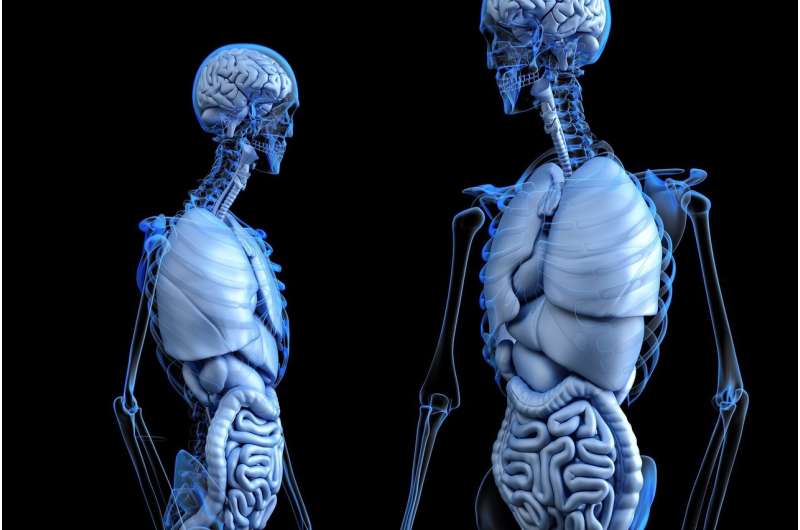Cell stress mechanisms identified as prognostic factor for chronic inflammatory liver disease

Primary sclerosing cholangitis (PSC) is a rare chronic inflammatory disease of the bile ducts and is difficult to treat, since its causes have not yet been adequately researched. Using RNA sequencing, an international research consortium led by Michael Trauner, Head of MedUni Vienna's Division of Gastroenterology and Hepatology (Department of Medicine III), has now identified a new prognostic factor for PSC from liver biopsies. This is so-called cellular ER stress. ER stress is the name given to a complex cellular response to stress caused by the build-up of misfolded proteins in the endoplasmic reticulum (ER).
PSC is a rare disease with a poor prognosis and can lead to cirrhosis of the liver or bile duct cancer. It affects 0.01% of the population but, even though it is rare, PSC is responsible for more than 10% of all liver transplants, making it the third most common indication on liver transplant waiting lists in Europe.
In the recent study, which has now been published in the leading journal Hepatology, the researchers were able to identify a molecular signature for ER stress both in the liver cells (hepatocytes) and also in the bile duct epithelium—and notably as a stand-alone factor that is independent of the disease stage or degree of liver fibrosis (laying down of scar tissue) as a precursor to possible liver cirrhosis. "Using transcriptional analysis, we were able to identify a personalized molecular signature of primary sclerosing cholangitis, which shows that patients with an impaired response to ER stress have a poorer prognosis with a higher incidence of complications," explains Trauner. "This discovery also opens up new treatment options, since ER stress can be counteracted with drugs."
Since the build-up of potentially toxic bile acids in cholestasis results in ER stress, it is now being attempted to restore this balance pharmacologically using the new bile acid therapeutics that are available. Beneficial effects can reportedly be expected from drugs already in clinically testing—however, more research has already been initiated to explore this further.
More information: Yevgeniy Gindin et al. A Fibrosis‐Independent Hepatic Transcriptomic Signature Identifies Drivers of Disease Progression in Primary Sclerosing Cholangitis, Hepatology (2020). DOI: 10.1002/hep.31488


















